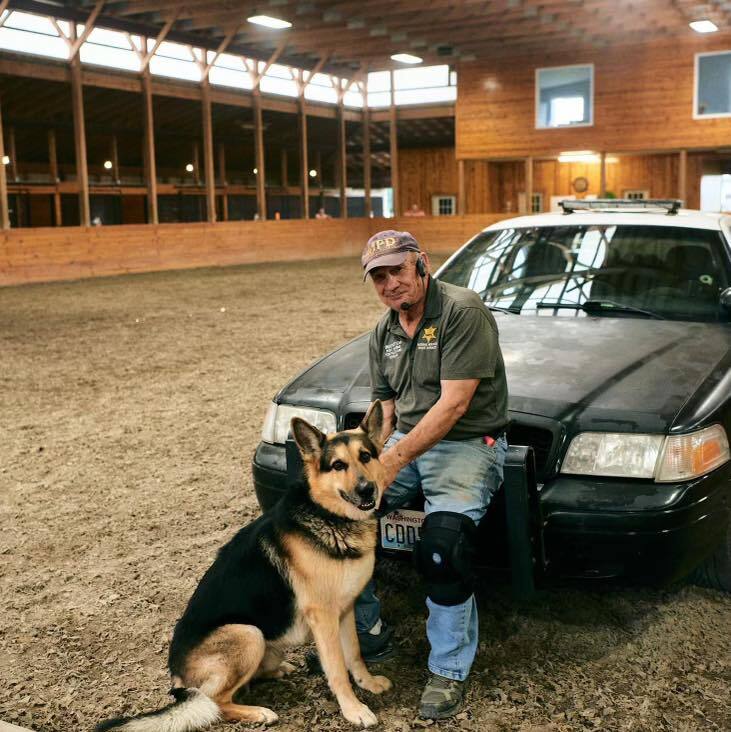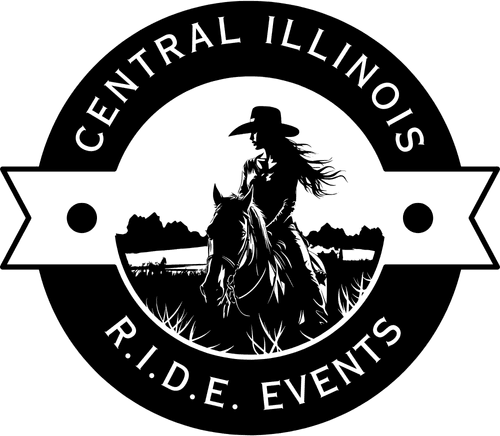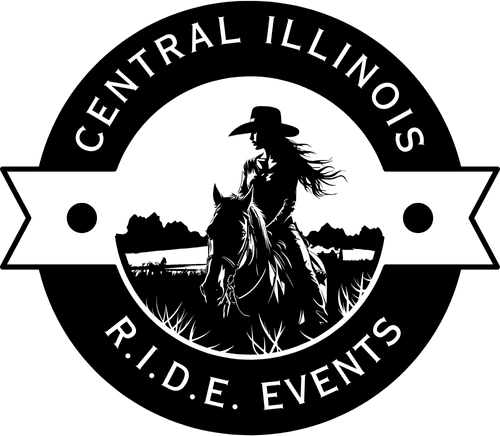Advanced De-Spooking Clinic

Meet Bill Richey – A Leading Expert in Mounted Police Training
Meet Bill Richey – A Leading Expert in Mounted Police Training
Bill Richey, founder and CEO of National Mounted Police Services, is a highly respected authority in the field of mounted police training. A POST-certified instructor, Bill has over 40 years of experience as a mounted police officer and trainer, along with extensive expertise as a civilian trainer and instructor.
His contributions to law enforcement include establishing mounted units for the City of Duluth as well as Forsyth and Gilmer Counties in Georgia. He played a pivotal role in preparing the Atlanta Police Mounted Unit for the 1996 Olympics and reorganizing the unit to enhance its effectiveness. Bill also served as the chief instructor for the Mobile Mounted Police Mardi Gras School, a testament to his skill and leadership in mounted police operations.
Bill’s expertise extends far beyond the U.S. He has trained officers and civilians across North America, the Middle East, and South America, helping them and their mounts perform safely and professionally in diverse environments—from trails and show rings to movie sets and major public events.
An accomplished competitor, Bill has won or placed in every national mounted police competition he has entered, demonstrating his hands-on mastery of the skills he teaches. His decades of dedication, innovation, and excellence have made him a trusted trainer for mounted units and civilians worldwide.
Clinic Details
Dates: September 27th - 28th 2025
Location: 4 Rocks Arena & Cafe
24855 IL-122 Delevan, IL 61743
Ages: All Ages Welcome (riders under 18 will require a parent / legal guardian on site)
How does the Advanced De-Spooking Clinic Differ from the Beginner De-Spooking Clinic?
What to Expect
The de-spooking clinic is divided into five sections:
Price: $475 per Rider
Stalls: $25 per day
Shavings: $25 (optional)
Stall Cleaning Fee: $25 per stall (For your stall to be stripped at the end of the clinic - optional)
Camping (on site): $25 per night (30amp electric - optional)
4 Rocks Arena Cafe will be open from 7a - 2p daily to cover your breakfast and lunch needs
Upon registering, 50% of the total price is due immediately to reserve your spot and the remaining 50% is due within 30 days. All participants will be required to sign a waiver and submit proof of current coggins, and health papers (if traveling from out of state).
Cancellation Policy: Non-Refundable, unless cancelled by the organizer.
Join us for an event that embodies the CI Ride values of respect, integrity, dedication, and excellence. Participants can expect an environment that aligns with these principles, fostering a positive and uplifting experience. We kindly ask all attendees to uphold these values throughout the event to ensure a respectful and enriching atmosphere for everyone.

